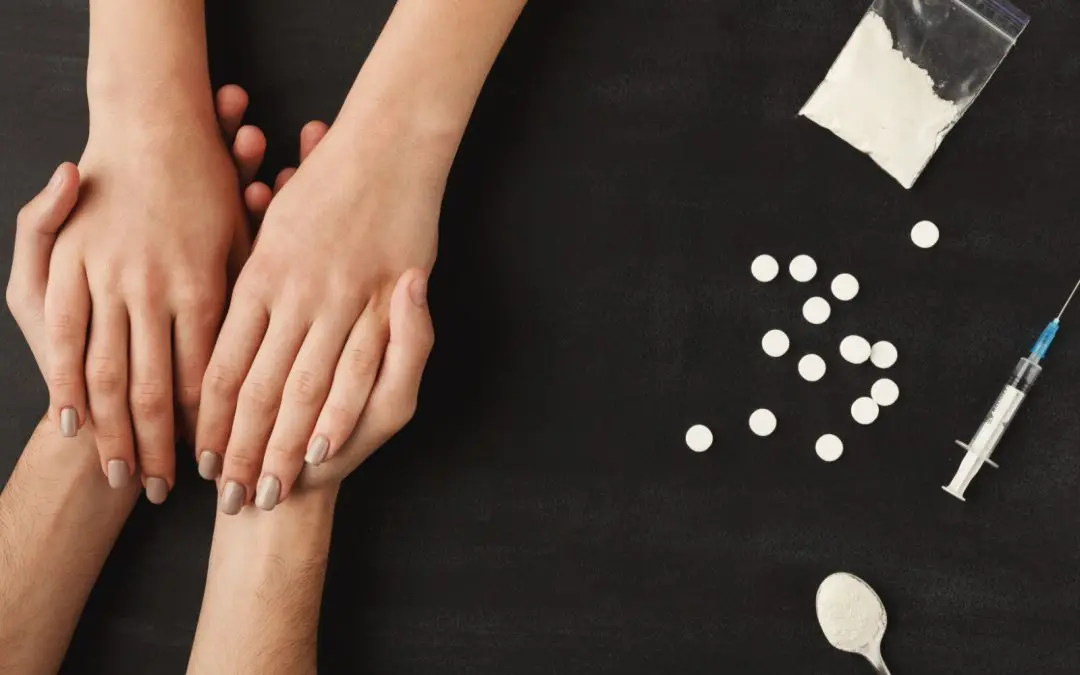24/7 Helpline:
(866) 899-221924/7 Helpline:
(866) 899-2219
Learn more about Bipolar Disorder Treatment centers in Bartlesville

Other Insurance Options

Regence

Carleon

CareFirst

BHS | Behavioral Health Systems

GEHA

Evernorth

Aetna

Lucent

MVP Healthcare

Holman Group

State Farm

CareSource

Group Health Incorporated

Premera

Cigna

WellCare Health Plans

Horizon Healthcare Service

Excellus

AllWell

ComPsych

Grand Lake Mental Health Center
Grand Lake Mental Health Center is a private rehab located in Bartlesville, Oklahoma. Grand Lake Men...

Youth and Family Services of Washington County
Youth and Family Services of Washington County is a non-profit rehab located in Bartlesville, Oklaho...



Jane Phillips Medical Center – Behavioral Health
Jane Phillips Medical Center – Behavioral Health is a drug and alcohol rehab located in Bartlesville...











































































